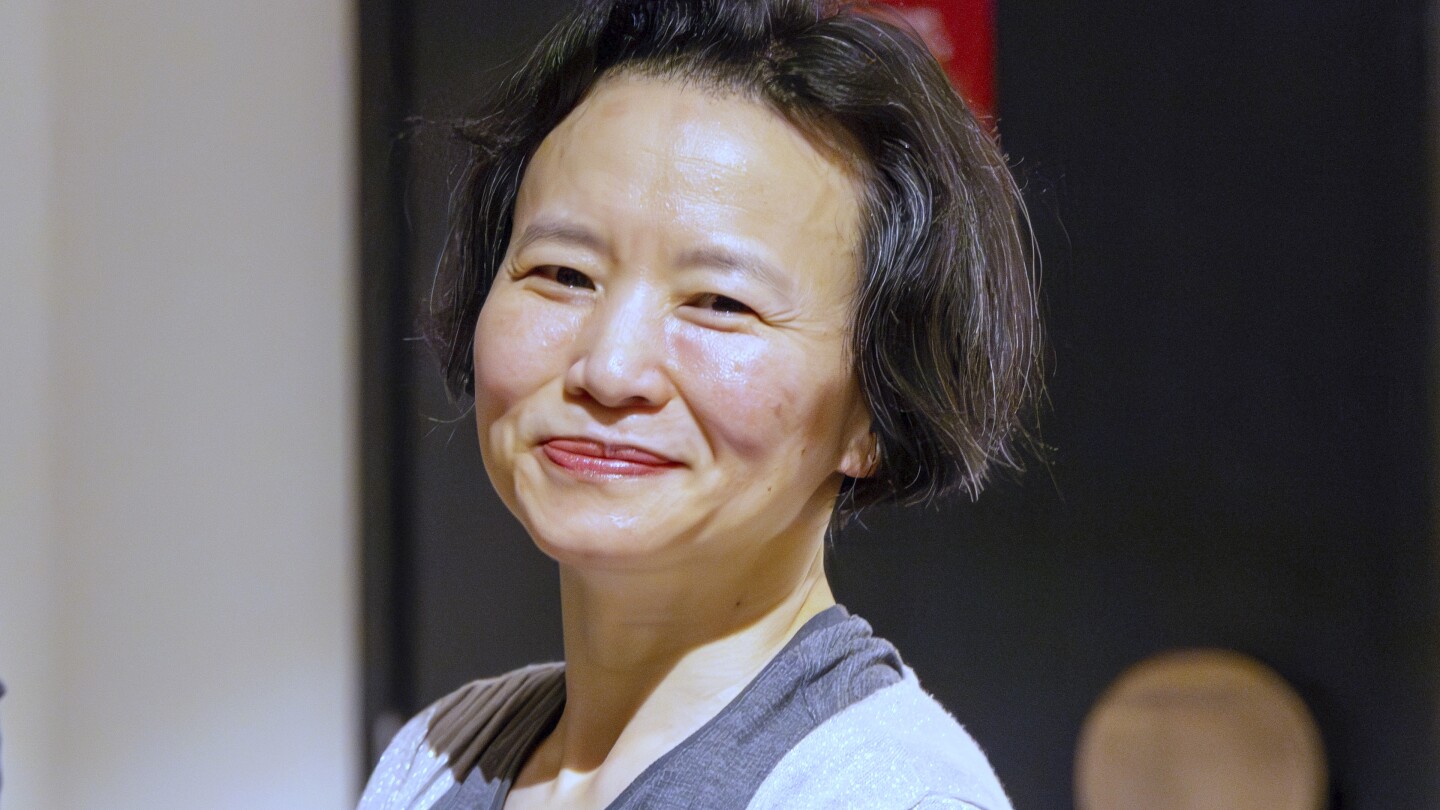CANBERRA, Australia (AP) — Australian journalist Cheng Lei says she spent more than three years in detention in China for breaking an embargo with a television broadcast on a state-run TV network.
Cheng‘s first television interview since she was freed was broadcast in Australia on Tuesday almost a week after she returned to her mother and two children, aged 11 and 14, in the city of Melbourne.
The Chinese-born 48-year-old was an English-language anchor for state-run China Global Television Network in Beijing when she was detained in August 2020.
She said her offense was breaking a government-imposed embargo by a few minutes following a briefing by officials.
Her treatment in custody was designed to “drive home that point that in China that is a big sin,” Cheng told Sky News Australia. “That you have hurt the motherland and that the state’s authority has been eroded because of you.”
“What seems innocuous to us here is –- I’m sure it’s not limited to embargoes, but many other things — are not in China, especially (because) I’m given to understand that the gambit of state security is widening,” she said.
Cheng did not give details about the embargo breach.
Her account differs from the crime outlined by China’s Ministry of State Security last week.
The ministry said Cheng was approached by a foreign organization in May 2020 and provided them with state secrets she had obtained on the job in violation of a confidentiality clause signed with her employer. A police statement did not name the organization or say what the secrets were.
A Beijing court convicted her of illegally providing state secrets abroad and she was sentenced to two years and 11 months, the statement said. She was deported after the sentencing because of the time she had already spent in detention.
Observers suspect the real reason Cheng was released was persistent lobbying from the Australian government and Prime Minister Anthony Albanese’s planned trip to China this year on a date yet to be set.
Cheng said that a visit to a toilet at the court on the morning before she was sentenced was the first time in more than three years that she had sat on a toilet or seen her reflection in a mirror.
Her commercial airline flight from Beijing to Melbourne was the first time she had slept in darkness in three years because the lights were always left on at night in the detention facilities.
Cheng migrated to Australia with her parents at age 10. She said she struggles to answer when asked how she has been since her return.
“Sometimes I fell like an invalid, like a newborn and very fragile,” Cheng said. “And other times I feel like I could fly and I want to embrace everything and I enjoy everything so intensely and savor it.”

